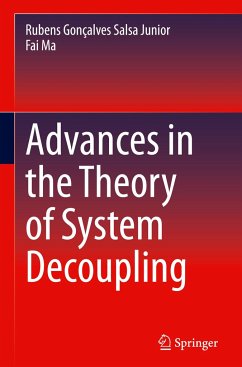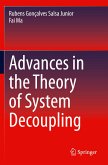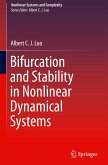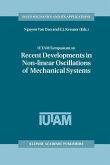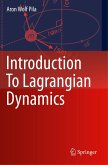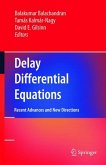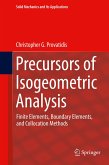This book presents a concise, clear, and consistent account of the methodology of phase synchronization, an extension of modal analysis to decouple any linear system in real space. It expounds on the novel theory of phase synchronization and presents recent advances, while also providing relevant background on classical decoupling theories that are used in structural analysis. The theory is illustrated with a broad range of examples. The theoretical development is also supplemented by applications to engineering problems. In addition, the methodology is implemented in a MATLAB algorithm which can be used to solve many of the illustrative examples in the book.
This book is suited for researchers, practicing engineers, and graduate students in various fields of engineering, mathematics, and physical science.
This book is suited for researchers, practicing engineers, and graduate students in various fields of engineering, mathematics, and physical science.

